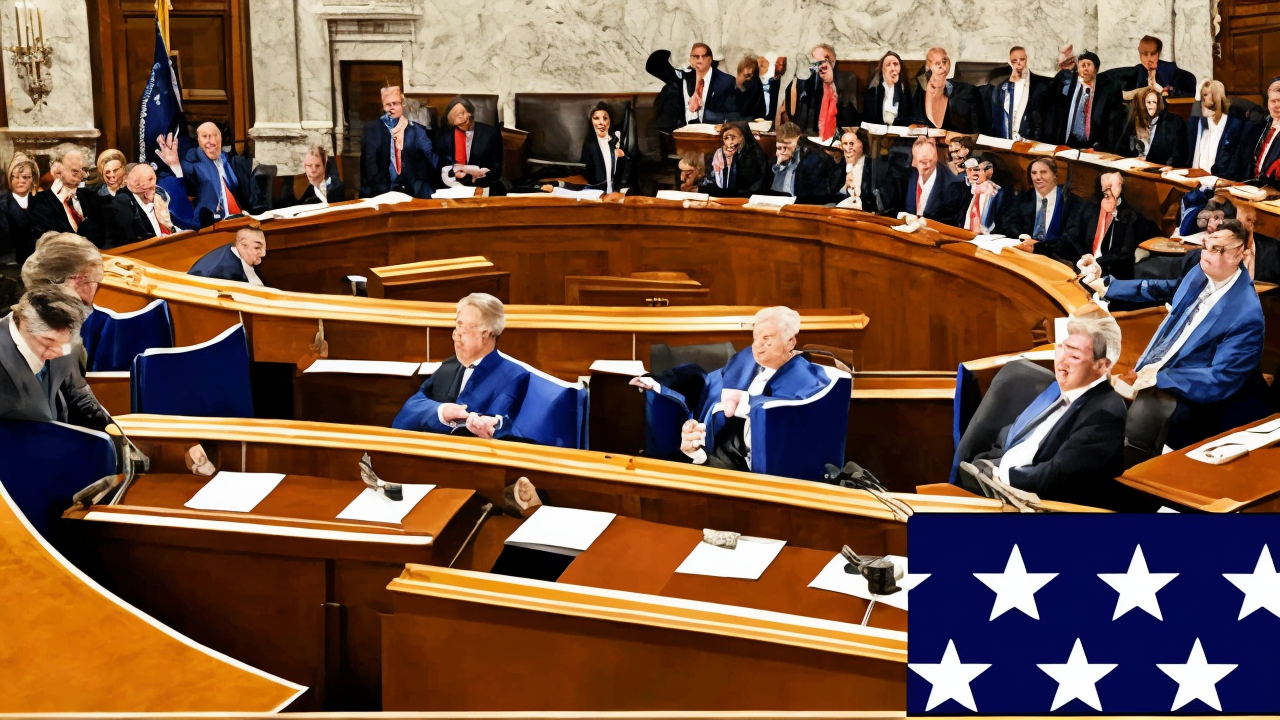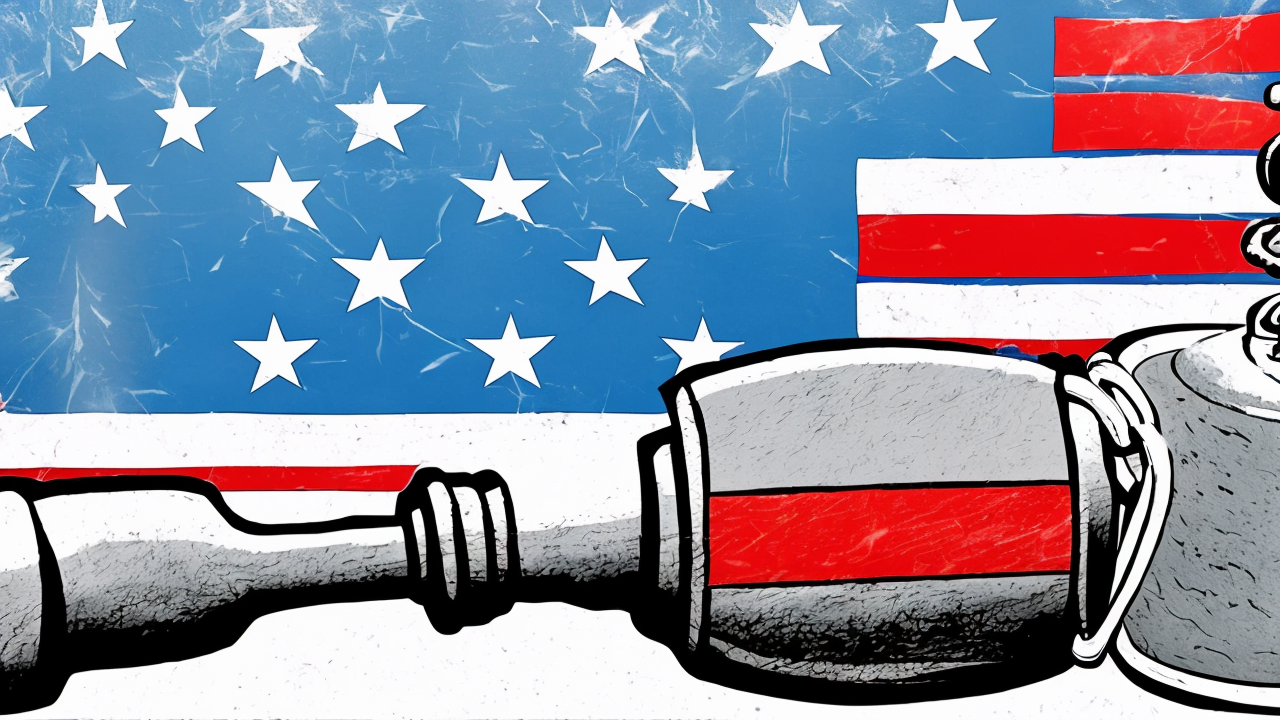Greenwashing: The Illusion of Net-Zero Progress

The promise of a cleaner, greener future has become a central theme in modern policy and business. Governments, corporations, and global institutions have embraced the language of "net-zero" and sustainability with near-universal enthusiasm. Yet beneath the glossy surface lies a troubling reality: much of this movement is less about genuine environmental stewardship than about image, ideology, and financial incentives. What appears to be progress often amounts to little more than greenwashing—marketing dressed as morality, with little real impact.
Many companies claim to be moving toward net-zero emissions by purchasing carbon credits or renewable energy certificates. These tools, while seemingly logical, are frequently detached from measurable outcomes. Projects behind such credits are often located far from the source of emissions, lack consistent oversight, and sometimes fail to deliver the promised reductions. When a corporation offsets its pollution by funding a reforestation project in another country, it may appear responsible—but the actual environmental burden remains unchanged. True accountability requires transparency, verification, and direct action, not distant transactions.
Even the technologies celebrated as environmental saviors come with significant hidden costs. Wind turbines, solar panels, and electric vehicles are marketed as clean alternatives, but their production demands vast quantities of rare earth minerals, energy-intensive manufacturing, and long-distance shipping—processes that rely heavily on fossil fuels. The lifecycle of these technologies reveals a complex web of environmental trade-offs that are too often ignored in the rush to appear eco-conscious. Hydrogen, frequently promoted as a zero-emission fuel, is still largely produced using natural gas, meaning its benefits are overstated and its true cost underestimated.
The rise of ESG (Environmental, Social, and Governance) criteria in investing has only amplified these issues. Originally designed to guide responsible capital allocation, ESG has increasingly become a tool for ideological signaling. Instead of evaluating companies based on real performance, many institutions now reward those that align with progressive narratives—regardless of actual environmental impact. This shift has led to a culture where virtue is measured by public statements, not results. As regulators begin to demand greater clarity and accountability, even major financial institutions are stepping back from carbon credit trading, recognizing its flaws.
A conservative Christian nationalist worldview values stewardship, integrity, and practical responsibility. It sees the earth not as a sacred object to be worshipped, but as a gift entrusted to humanity for care and use. This perspective does not reject environmental concerns—it demands that they be addressed with honesty, prudence, and a commitment to long-term outcomes. Real progress requires hard choices: investing in proven technologies, reducing waste, and managing resources wisely, not chasing unproven promises or ideological slogans.
The path forward must be grounded in measurable results, not symbolic gestures. We should support innovation that enhances efficiency and reduces harm, but only when it is transparent, accountable, and rooted in common sense. True sustainability is not found in slogans or distant offset projects, but in disciplined stewardship, sound science, and responsible policy.
The cost of pretending is high. Trillions of dollars are being spent on systems that deliver little or no environmental benefit. Resources are diverted from real solutions—such as clean energy innovation, infrastructure improvement, and responsible land use—toward empty rituals that serve political ends more than ecological ones.
We must return to principles that honor both the earth and human dignity. That means rejecting false promises, demanding accountability, and building a future that is not just green in name, but truly sustainable in practice. Only through honesty, hard work, and a commitment to proven results can we honor our duty as stewards and ensure a lasting legacy for future generations.
Published: 10/27/2025








